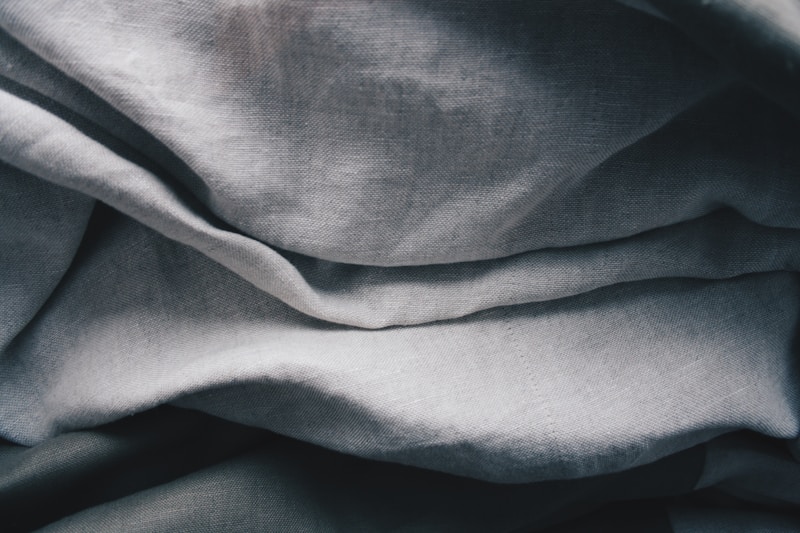Essential Cleaning Methods for Delicate Fabrics: A Comprehensive Guide
When it comes to caring for delicate fabrics, the right cleaning methods can make all the difference in preserving their beauty and longevity. Whether you own silk dresses, cashmere sweaters, or lace tablecloths, understanding how to clean these materials properly is essential. This article delves into the best cleaning methods for delicate fabrics, ensuring your favorite pieces remain in pristine condition while answering some common related questions.
Understanding Delicate Fabrics
Delicate fabrics, such as silk, chiffon, lace, and cashmere, require special care due to their intricate weaves and lightweight constructions. Unlike durable materials, these fabrics can be easily damaged by standard washing techniques or harsh chemicals. Here are some reasons why understanding cleaning methods for delicate fabrics is crucial:
- Preservation of Fabric Integrity: Proper cleaning can help maintain the texture and color quality.
- Prevention of Damage: Using the wrong method can lead to shrinkage, tearing, or fading.
- Longevity: Correct cleaning practices can prolong the life of luxury items.
Common Delicate Fabrics
| Fabric Type | Characteristics | Common Uses |
| Silk | Smooth, lustrous, and lightweight | Dresses, blouses, ties |
| Chiffon | Sheer, airy, and slightly crinkled | Evening gowns, scarves |
| Lace | Intricate, open weave | Tablecloths, bridal wear |
| Cashmere | Soft, warm, and luxurious | Sweaters, wraps |
Best Cleaning Methods for Delicate Fabrics
Cleaning delicate fabrics can be daunting, but with the right methods, you can keep them looking their best. Below are some tried-and-true techniques to consider:
1. Hand Washing
Hand washing is often the safest method for cleaning delicate fabrics. It allows for a gentle cleaning process that preserves the integrity of the material. Here’s how to do it:
- Fill a basin or sink with cool water. Hot water can cause shrinkage.
- Add a few drops of a mild detergent, preferably one formulated for delicate fabrics.
- Submerge the garment gently in the water and swish it around; avoid aggressive scrubbing.
- Let the fabric soak for about five minutes.
- Rinse the item thoroughly with cool water until all detergent is removed.
- Press out excess water without wringing, and lay flat to dry.
2. Machine Washing
If your delicate fabric is labeled as 'machine washable', follow these guidelines to protect it:
- Use a mesh laundry bag to contain the garment.
- Select a delicate cycle on your washing machine.
- Use a mild detergent appropriate for delicate fabrics.
- Wash using cold water only.
- Never overload the washer; this can cause friction and damage.
3. Dry Cleaning
For particularly sensitive materials, professional dry cleaning may be the best option. This method uses solvents instead of water, which minimizes the risk of damage. Here are some tips for successful dry cleaning:
- Always check the care label for dry cleaning recommendations.
- Choose a reputable dry cleaner who specializes in delicate fabrics.
- Inform the cleaner about any stains or specific concerns you have.
4. Spot Cleaning
Sometimes, garments don’t need a full wash. Spot cleaning can effectively handle stains without subjecting the entire fabric to potential damage. Here’s how to do it:
- Use a clean, white cloth to blot the stain with cool water to lift it gently.
- If necessary, apply a small amount of mild detergent directly to the spot.
- Gently dab, avoiding scrubbing, to prevent fraying.
- Rinse with cool water and blot dry.
5. Ironing and Steaming
Delicate fabrics can easily wrinkle, but they require special care when ironing or steaming:
- Always use the lowest heat setting on your iron.
- Iron garments while they are slightly damp to avoid scorching.
- Use a pressing cloth to protect the fabric from direct heat.
- Steam can be an effective alternative to ironing; simply hold the steamer a few inches away from the fabric.

Common Questions about Cleaning Delicate Fabrics
Here are some frequently asked questions related to cleaning delicate fabrics:
Can I use bleach on delicate fabrics?
Absolutely not! Bleach is too harsh and can permanently damage fibers. Always opt for a color-safe detergent designed for delicate fabrics.
How often should I wash delicate fabrics?
It depends on usage, but generally, clean delicate items only when necessary to avoid wear and tear. If an item looks or smells dirty, consider that a sign it's time for a wash.
What should I do if my silk shrinks?
Silk can be particularly vulnerable to shrinkage, but if it occurs, professional alteration or a skilled dry cleaner might be your best option for restoration.
Are there fabric softeners safe for delicate items?
While many fabric softeners are designed for use on all fabric types, avoid using them on delicate items, as they can leave residues that affect both the texture and appearance of the fabric.
Conclusion: Best Practices for Longevity
When it comes to cleaning methods for delicate fabrics, knowledge is your best ally. Understanding the specific care requirements for materials like silk, chiffon, lace, and cashmere can help ensure your favorite pieces remain in excellent condition for years to come. Always remember to check labels, stay gentle, and when in doubt, consult with professionals. By adopting these cleaning practices, you can enjoy the allure and luxury of delicate fabrics without the fear of damage.
In summary, whether you opt for hand washing, machine washing, dry cleaning, or spot cleaning, always prioritize the fabric's integrity. Follow these recommendations to keep your delicate fabrics looking stunning and in perfect shape!